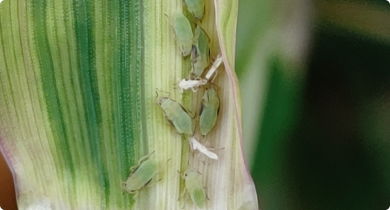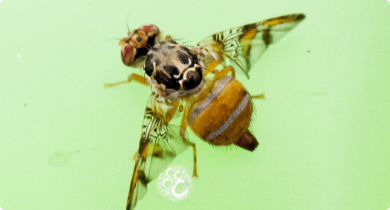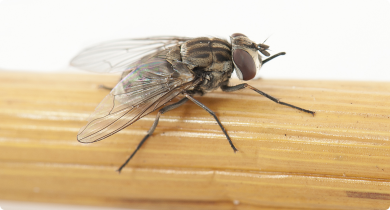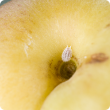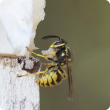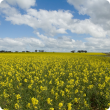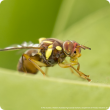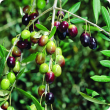Pest insects
Pest insects can have adverse and damaging impacts on agricultural production and market access, the natural environment, and our lifestyle. Pest insects may cause problems by damaging crops and food production, parasitising livestock, or being a nuisance and health hazard to humans.
Western Australia is free from some of the world's major pest insects. Biosecurity measures on your property are vital in preventing the spread of insects.
The Department of Primary Industries and Regional Development provides:
- biosecurity/quarantine measures at the WA border to prevent the entry of pest insects
- where relevant post border biosecurity measures
- advice on widespread pest insects present in the state.
For advice on pest insects search our website, the Western Australian Organism List or contact our Pest and Disease Information Service (PaDIS).
For diagnostic services, please contact our Diagnostic Laboratory Services.
Filter by search
Filter by topic
- Crops (113) Apply Crops filter
- Horticulture (67) Apply Horticulture filter
- Grains (42) Apply Grains filter
- Biosecurity & quarantine (42) Apply Biosecurity & quarantine filter
- Biosecurity (37) Apply Biosecurity filter
- Fruit (33) Apply Fruit filter
- Vegetables (28) Apply Vegetables filter
- Plant biosecurity (24) Apply Plant biosecurity filter
- Canola (18) Apply Canola filter
- Potatoes (17) Apply Potatoes filter
- Diseases (13) Apply Diseases filter
- Cabbage (11) Apply Cabbage filter
- Pome fruit (10) Apply Pome fruit filter
- Control methods (10) Apply Control methods filter
- Invasive species (9) Apply Invasive species filter
- Citrus (9) Apply Citrus filter
- Quarantine (8) Apply Quarantine filter
- Lupins (8) Apply Lupins filter
- Grapes & wine (8) Apply Grapes & wine filter
- Crop diseases (8) Apply Crop diseases filter
- Insecticides (7) Apply Insecticides filter
- Stone fruit (7) Apply Stone fruit filter
- Grains research & development (7) Apply Grains research & development filter
- Chemicals (7) Apply Chemicals filter
- Livestock & animals (6) Apply Livestock & animals filter
- Emergency response (6) Apply Emergency response filter
- Weeds (5) Apply Weeds filter
- Nursery & cutflowers (5) Apply Nursery & cutflowers filter
- Wheat (5) Apply Wheat filter
- Barley (5) Apply Barley filter
- Agricultural emergency response (5) Apply Agricultural emergency response filter
- New horticulture crops (4) Apply New horticulture crops filter
- Pulses (4) Apply Pulses filter
- Cauliflower (4) Apply Cauliflower filter
- Intrastate movement (3) Apply Intrastate movement filter
- Livestock management (3) Apply Livestock management filter
- Production & postharvest (3) Apply Production & postharvest filter
- Fungi (3) Apply Fungi filter
- Olives (3) Apply Olives filter
- Broccoli (3) Apply Broccoli filter
- European house borer (3) Apply European house borer filter
- Chinese cabbage (3) Apply Chinese cabbage filter
- Brussels sprouts (3) Apply Brussels sprouts filter
- Climate, land & water (3) Apply Climate, land & water filter
- Biosecurity governance (2) Apply Biosecurity governance filter
- Agribusiness Food & Trade (2) Apply Agribusiness Food & Trade filter
- Biosecurity and Agriculture Management Act (2) Apply Biosecurity and Agriculture Management Act filter

